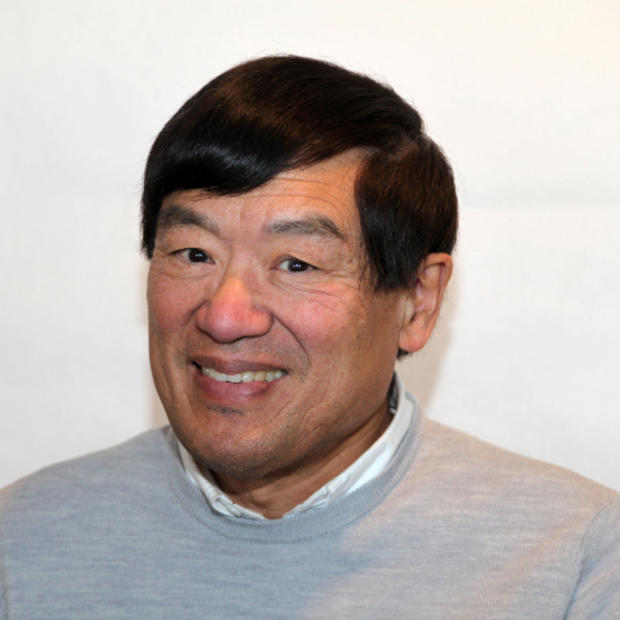Every ten years, following a new U.S. Census, Washington redraws its 49 legislative districts to ensure they all have roughly equal populations, and maps out similarly matched congressional districts. The bipartisan Washington Redistricting Commission is charged with carrying out this reapportionment while accommodating politically disadvantaged minority populations protected by the U.S Voting Rights Act.
The current redistricting round looked to be the Year of the Minorities. Thanks in large part to its growing Latino and Asian American populations, Washington is one of only eight states that have been awarded new congressional districts. This fall, a coalition of civic organizations called United for Fair Representation submitted a "unity map" that would maximize the representation of people of color, and urged citizens to attend 18 public hearings on redistricting across the state.
That effort seemed to yield encouraging results. Three of the four redistricting commissioners — former Sen. Slade Gorton, ex-state representative Tom Huff, and former Seattle deputy mayor Tim Ceis — released first-draft maps that included two majority-minority legislative districts in Central Washington and a congressional district in South Seattle and nearby suburbs whose residents would mostly be people of color.
But redistricting is a game of unexpected consequences, and some of these are already coming to light. That congressional district would carve away minority-heavy, Democratic-leaning territory from the battleground Eighth District, currently represented by Congressman Dave Reichert — making the Eighth once again a safe Republican district. And it would push the Ninth District, represented by Adam Smith, into the Tacoma stronghold of another Democrat, Norm Dicks.
Closer to home, a group called Asian Pacific Islander Americans for Civic Empowerment (APACE), a member of United for Fair Representation, is concerned about the future of the 11th Legislative District, which includes parts of Renton, Tukwila, Burien, Seatac, and, in Seattle, Beacon Hill, Georgetown, and South Park. The commission is considering moving the 11th District's boundaries south and transferring all its Seattle city territory to the adjacent 37th District. Rep. Bob Hasegawa, a longtime labor and social justice activist, would lose the seat he now holds there.
“The most likely scenario the commission will propose is that I will be placed into the 37th District, which already has two good incumbents [Sharon Tomiko Santos and Eric Pettigrew, who is African American] in the House of Representatives,” Hasegawa says. “If that happens, I will then need to choose to run against one of those incumbents.”
And, he says, that would be a shame: He and Santos and Pettigrew and the 11th District's other representative, Zack Hudgins, are a good team. "We work well together to make sure our communities are well-represented and we present a strong collective voice. Carving out the Seattle portion of the 11th District diminishes the current diversity of representation in the legislature, diminishes the current voice for communities of interest between the diverse areas now served by both the 11th and 37th, diminishes Seattle's representation in the legislature, [and] possibly pits communities against each other by forcing three sitting legislators to run for only two available seats."
APACE activist Cherry Cayabyab sees a particular irony in the prospect that this redistricting will cost Seattle some of its minority representation: “Washington State is gaining a congressional district because of the growth of communities of color over this past decade. Representation in the state legislature of these diverse populations should appropriately reflect this growth." These groups make up 25 percent of the state's population, she notes — but only 6 percent of its legislature.
This story is adapted from a version that first appeared in the International Examiner and is reprinted under a partnership with Crosscut. The International Examiner is a non-profit biweekly newspaper covering Asian Pacific American communities in the Northwest; information about donations and subscriptions is here.


